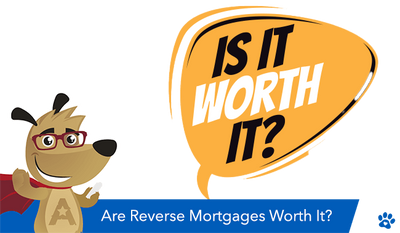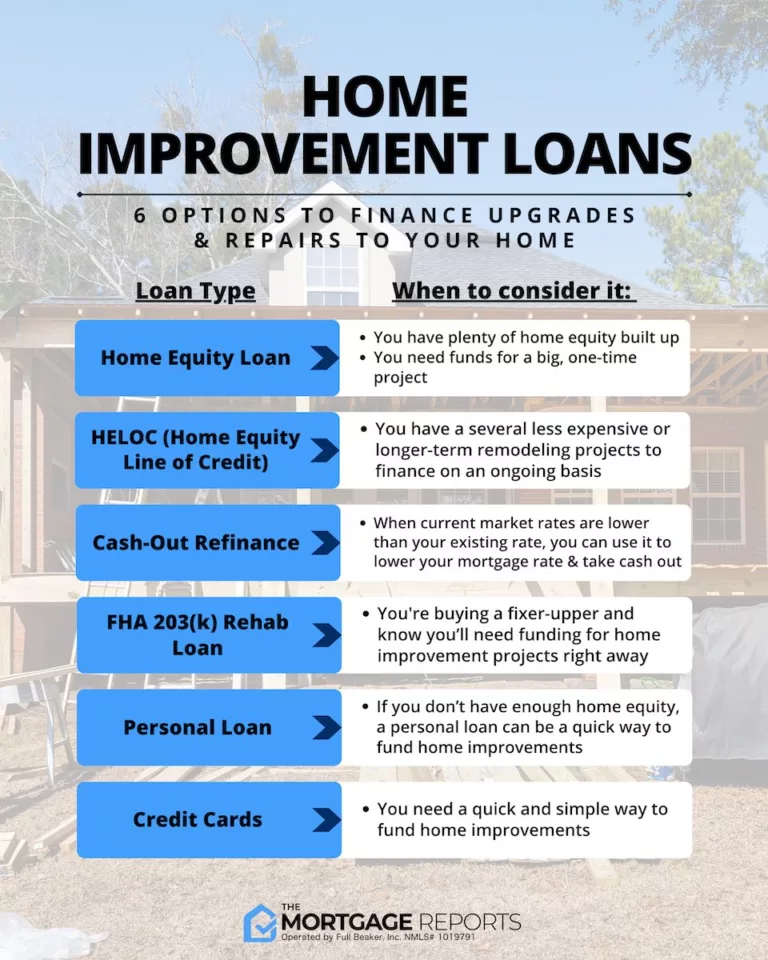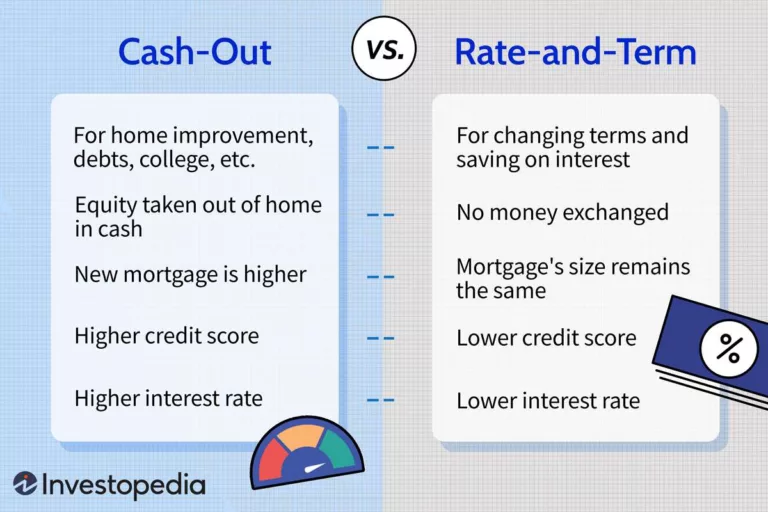What States Allow Reverse Mortgage at Age 55: Unlock Your Financial Freedom Now!
In the United States, states that allow reverse mortgages at age 55 include California, Oregon, and New York. Reverse mortgages offer financial flexibility to homeowners aged 55 and older by allowing them to convert their home equity into cash without selling or moving out of their homes.
These states recognize the potential benefits of reverse mortgages for homeowners who may need additional funds during their retirement years. By understanding the reverse mortgage rules and regulations specific to their state, individuals can determine if this financial option is right for them.
This article provides an overview of reverse mortgages and the states that allow borrowers to access this option at age 55.
Understanding Reverse Mortgages
Reverse mortgages can be a valuable financial option for homeowners aged 55 and above in certain states, allowing them to tap into their home equity. It is essential to understand the specific states that permit reverse mortgages at this age to make the best decisions for your financial future.
Understanding Reverse Mortgages How do reverse mortgages work? A reverse mortgage is a type of loan that allows homeowners who are 55 years of age or older to convert a portion of their home’s equity into cash without selling their property. This financial tool is specifically designed for older adults who wish to supplement their retirement income or meet unexpected expenses. To better understand how reverse mortgages work, let’s delve into the process. Firstly, unlike traditional mortgages, a reverse mortgage does not require monthly mortgage payments. Instead, homeowners receive funds from the lender, which can be provided in several ways. Borrowers may opt for a lump sum payment, a line of credit, or regular monthly installments. It’s important to note that interest accrues on the loan balance, but repayment is deferred until the homeowner sells the property, moves out, or passes away. Why consider a reverse mortgage? When considering a reverse mortgage, it’s crucial to weigh the potential benefits. There are various reasons why homeowners may find this financial option appealing. Some compelling reasons to consider a reverse mortgage at age 55 include: 1. Boosting Retirement Income: A reverse mortgage can be an effective tool to supplement existing retirement income. With increasing living costs and uncertain economic conditions, having extra funds can provide a sense of financial security. 2. Paying for Healthcare Costs: As we age, healthcare expenses tend to increase. A reverse mortgage can help cover medical bills, prescription medications, or long-term care costs, ensuring that homeowners have access to the care they need without placing an undue burden on their finances. 3. Home Renovations: Many seniors prefer to live in their own homes as they age. A reverse mortgage can facilitate necessary home renovations or modifications to ensure the property is safe, accessible, and suitable for their changing needs. 4. Debt Consolidation: If you have accumulated debt over the years, a reverse mortgage can help you consolidate and pay off outstanding loans, credit cards, or other high-interest debts. This can simplify monthly financial obligations and potentially save money on interest payments. 5. Enhancing Lifestyle: Whether it’s pursuing hobbies, traveling, or spending time with loved ones, a reverse mortgage can provide the means to enhance your lifestyle during retirement. By converting home equity into usable cash, homeowners have the flexibility to enjoy their golden years to the fullest. In conclusion, reverse mortgages offer a viable solution for homeowners aged 55 and above who seek financial flexibility and stability during retirement. By understanding how reverse mortgages work and considering the potential benefits, you can make an informed decision about whether this option aligns with your financial goals and helps you achieve the retirement you deserve.
Credit: reverse.mortgage
Eligibility For Reverse Mortgages
Reverse mortgages are available in select states for borrowers as young as 55. These states offer seniors the opportunity to tap into their home equity to supplement their retirement income.
Age Requirements
In order to be eligible for a reverse mortgage, you need to meet certain age requirements. Typically, the minimum age to qualify for a reverse mortgage is 62 years old. However, there are some states that allow homeowners to apply for a reverse mortgage as early as age 55. This lower age requirement provides an opportunity for younger homeowners to access the benefits of a reverse mortgage and secure their financial future.
Homeownership Criteria
Aside from meeting the age requirement, there are specific homeownership criteria that you must fulfill to be eligible for a reverse mortgage. First and foremost, you must own your home and it should be your primary residence. This means that vacation homes or investment properties do not qualify. Additionally, your property should meet certain standards in terms of condition and value.
| Qualifying Factors | Requirements |
| Minimum Age | 55 (in some states); 62 (in most states) |
| Homeownership | Primary residence owned by the applicant |
| Property Condition | Property in good condition |
| Property Value | Property value that meets the lender’s criteria |
As you can see, meeting the age requirements and homeownership criteria are vital to qualify for a reverse mortgage. Whether you are 55 or 62 years old, owning a primary residence that is well-maintained and meets the lender’s value expectations is crucial to securing a reverse mortgage.
A reverse mortgage can be a valuable financial tool for homeowners of a certain age. By understanding the eligibility requirements, you can determine if you meet the criteria and explore the benefits it offers for your specific situation.
States Allowing Reverse Mortgages At Age 55
Reverse mortgages can provide financial flexibility and stability for homeowners aged 55 and above, allowing them to tap into the equity of their homes without the burden of monthly mortgage payments. However, it’s important to note that not all states allow reverse mortgages at age 55. If you’re considering this option, it’s essential to know which states permit it. In this article, we’ll explore the benefits of reverse mortgages at age 55 and provide you with a list of states where this option is available.
Benefits Of Reverse Mortgages At Age 55
1. Increased Financial Freedom: A reverse mortgage gives homeowners the ability to access a portion of their home’s equity, providing them with additional funds. This can be particularly advantageous for those who are nearing retirement or have limited income streams.
2. Elimination of Monthly Payments: Unlike traditional mortgages, reverse mortgages do not require monthly payments. Instead, the loan is repaid when the homeowner sells the property, moves, or passes away. This can free up more funds for other expenditures or investments.
3. Protected Ownership: With a reverse mortgage, the homeowner retains ownership of the home as long as they continue to meet the loan obligations, such as maintaining the property and paying property taxes and insurance.
List Of States Allowing Reverse Mortgages At Age 55
If you’re considering a reverse mortgage at age 55, you’ll be pleased to know that there are several states that permit this option. Here is a list of states where homeowners aged 55 and above can avail themselves of a reverse mortgage:
| State | State Abbreviation |
|---|---|
| California | CA |
| Florida | FL |
| Hawaii | HI |
| New Jersey | NJ |
| Oregon | OR |
| Washington | WA |
It’s important to note that this list is subject to change, so it’s advisable to consult with a licensed reverse mortgage professional or research the current regulations in your state. Additionally, the eligibility criteria and loan terms may vary among states, so it’s essential to understand the specific requirements of each location.
Overall, reverse mortgages can offer homeowners aged 55 and above the financial flexibility they need to live a comfortable retirement. With the list of states allowing reverse mortgages at age 55 constantly evolving, it’s crucial to stay informed about the latest regulations in your area before making any decisions. Consult with trusted professionals to determine if a reverse mortgage is the right choice for you.

Credit: www.facebook.com
Choosing The Right Reverse Mortgage Lender
When it comes to reverse mortgages, choosing the right lender is a crucial step in the process. With so many options available, it’s important to do your research before making a decision. In this section, we will explore the key factors to consider when selecting a lender for your reverse mortgage.
Researching And Comparing Lenders
Researching and comparing lenders is an essential step to ensure you find the best reverse mortgage option for your needs. Start by obtaining a list of potential lenders in your state. You can do this by conducting an online search or reaching out to local housing counseling agencies. Once you have a list of lenders, it’s time to dig deeper.
Here are some tips to help you research and compare lenders:
- Look for lenders with specific experience in reverse mortgages. Find out how long they have been in the industry and what their track record entails.
- Check for customer reviews and testimonials. This can give you insights into the experiences of other borrowers with a particular lender.
- Research the lender’s reputation. Look for any red flags or complaints filed against them. This will give you a sense of their trustworthiness and reliability.
- Consider the lender’s flexibility. Determine if they offer different reverse mortgage products and if they cater to individuals aged 55 and above.
Considering Interest Rates And Fees
Interest rates and fees play a significant role in the overall cost of your reverse mortgage. It’s important to consider these factors before making a decision. Here are some points to keep in mind:
- Compare interest rates among different lenders. Even a small difference can have a significant impact on the total amount you owe over time.
- Take note of any additional fees or charges associated with the reverse mortgage. These can include origination fees, servicing fees, and closing costs. Be aware of any hidden fees that could catch you off guard.
- Consider whether the lender offers a fixed or adjustable interest rate. Each option has its pros and cons, so weigh them carefully to choose the one that aligns with your financial goals.
By thoroughly researching and comparing lenders, as well as considering interest rates and fees, you can make an informed decision when choosing the right reverse mortgage lender. Remember, this is a significant financial decision, so take your time and choose wisely to ensure a smoother and more beneficial retirement journey.
Unlocking Financial Freedom With Reverse Mortgages
As you approach the age of 55, you may find yourself looking for ways to secure your financial future and enjoy the retirement you have always dreamed of. Reverse mortgages have emerged as a popular financial tool that can help you tap into the equity of your home and unlock the financial freedom you desire. In this blog post, we will explore which states allow reverse mortgages at age 55 and guide you on how to manage the proceeds wisely to make the most of this opportunity.
Tapping Into Home Equity
One of the key advantages of reverse mortgages is the ability to tap into the equity built in your home over the years. By utilizing this form of home equity conversion, you can access the funds you need to cover daily living expenses, medical bills, or even invest in your retirement plans. However, it’s important to note that not all states allow reverse mortgages at age 55. Let’s take a look at which states have recognized the value of this financial tool at this age.
Managing The Proceeds Wisely
Once you have successfully unlocked your home equity through a reverse mortgage, it’s crucial to use the proceeds wisely to ensure long-term financial security. Here are some tips to make the most of your reverse mortgage funds:
- Create a Budget: Assess your expenses and create a budget that takes into account your monthly living costs, healthcare needs, and future financial goals.
- Prioritize Debts: If you have any outstanding debts, consider paying them off using a portion of the reverse mortgage proceeds. This will free up your monthly income and reduce financial stress.
- Set Aside Emergency Funds: It’s always wise to have an emergency fund in place. Set aside a portion of the proceeds to cover unexpected expenses that may arise in the future.
- Invest Strategically: Consult with a financial advisor to explore investment options that align with your risk tolerance and long-term objectives.
- Consider a Line of Credit: Rather than withdrawing the entire reverse mortgage amount upfront, you can opt for a line of credit that offers flexibility and can be used as needed.
- Regularly Review Your Plan: As your financial situation evolves over time, it’s essential to regularly review your plan and make adjustments accordingly.
By following these guidelines, you can maximize the benefits of a reverse mortgage and ensure a secure financial future for yourself and your loved ones.

Credit: www.linkedin.com
Frequently Asked Questions Of What States Allow Reverse Mortgage At Age 55
Can You Get A Reverse Mortgage If Your 55 Years Old?
Yes, you can get a reverse mortgage if you’re 55 years old.
Who Cannot Get A Reverse Mortgage?
Certain individuals are not eligible for a reverse mortgage. This includes those who are not at least 62 years old, do not own their home outright, have unpaid federal debts, or fail to meet certain financial qualifications. Additionally, if the property is not the primary residence, a reverse mortgage cannot be obtained.
What Is The Youngest Age To Get A Reverse Mortgage?
The minimum age to qualify for a reverse mortgage varies, but it is typically 62 years old.
What Types Of Homes Do Not Qualify For A Reverse Mortgage?
Vacation homes, rental properties, and mobile homes are generally not eligible for a reverse mortgage. The home must be a primary residence, meeting specific criteria set by lenders, such as having a permanent foundation.
Conclusion
There are several states that allow individuals to obtain a reverse mortgage at the age of 55, providing them with a valuable financial option. As each state has its own specific requirements and regulations, it’s important to consult with a qualified professional to ensure eligibility.
By exploring these opportunities, seniors can potentially tap into the equity of their homes and secure a more secure and comfortable retirement.



